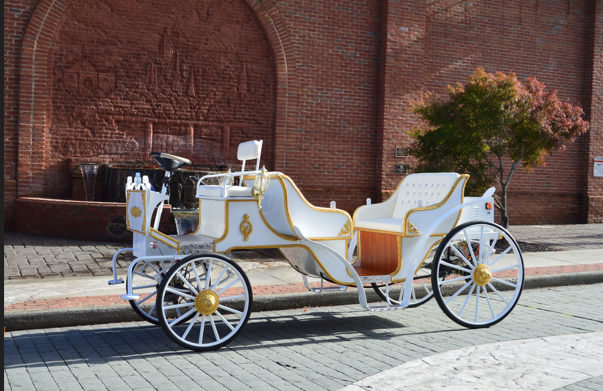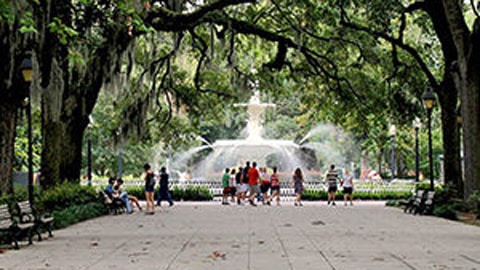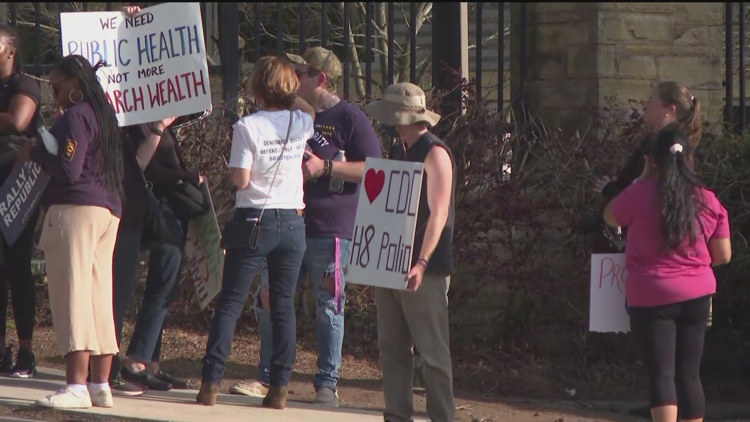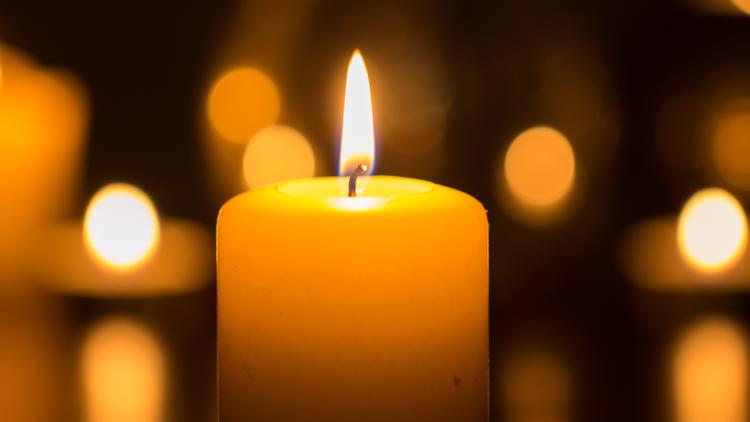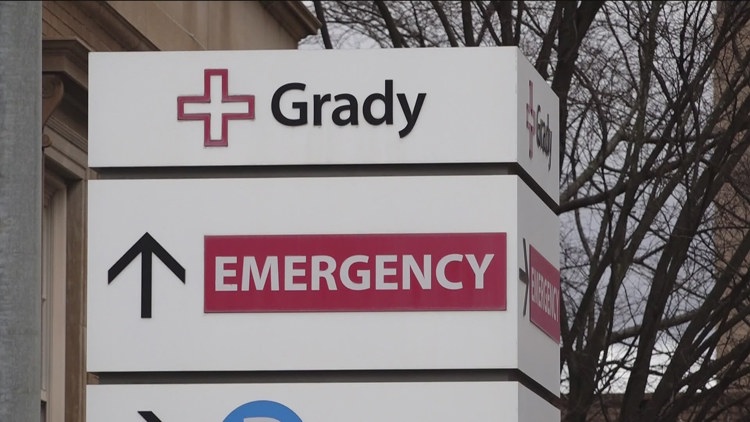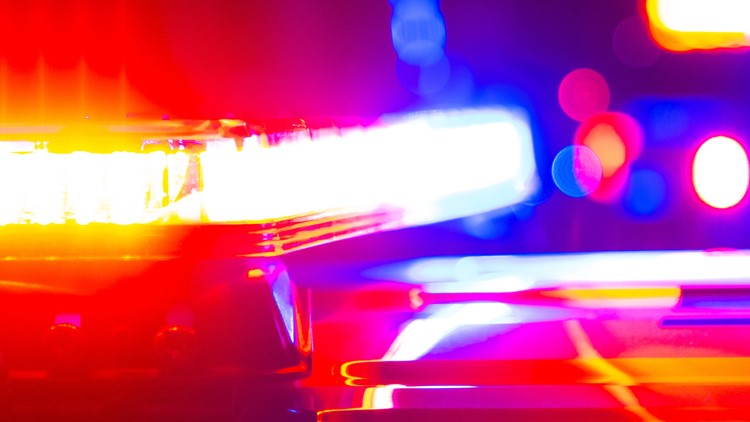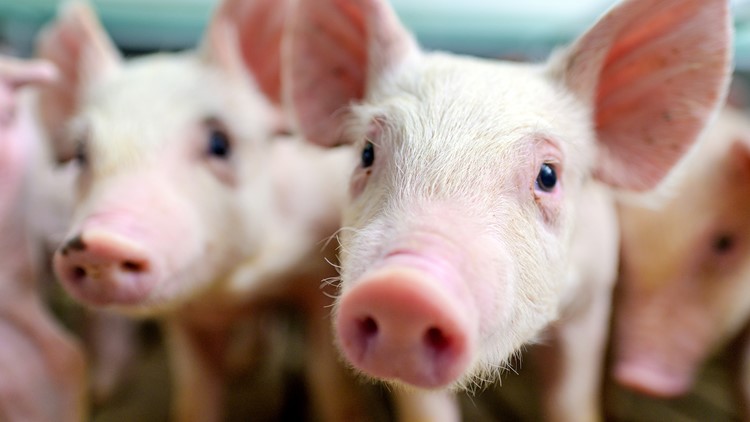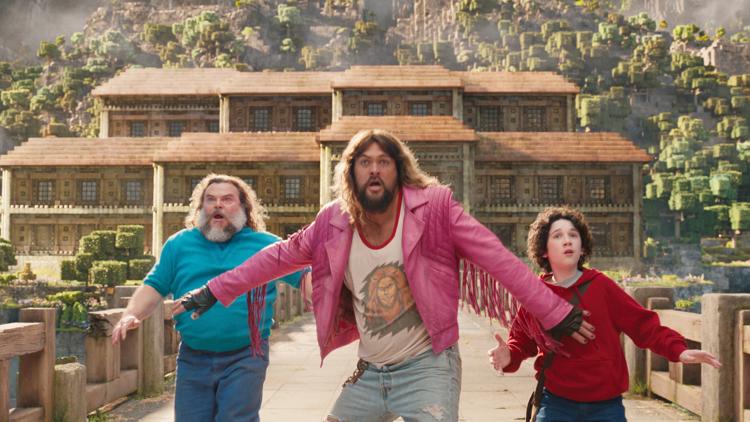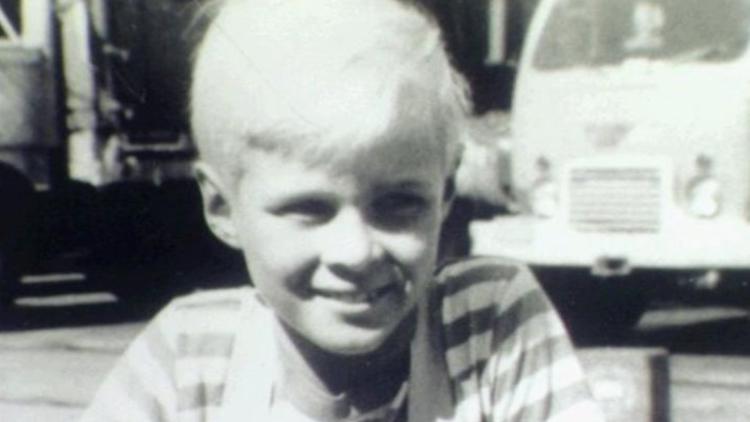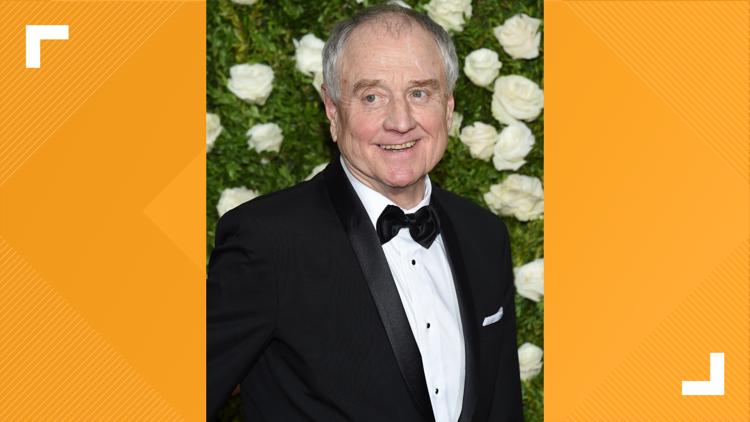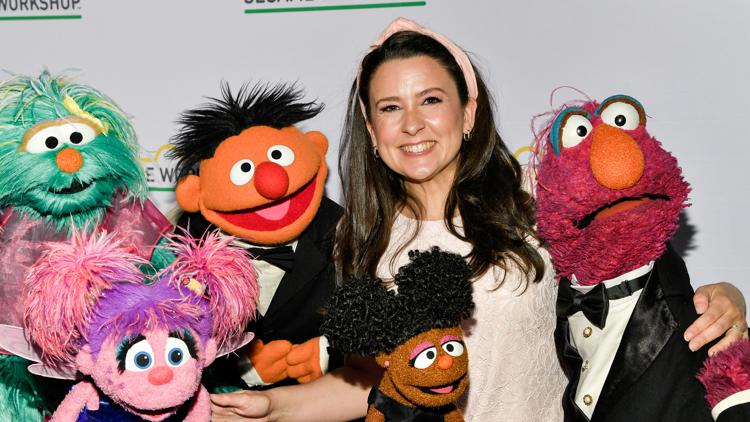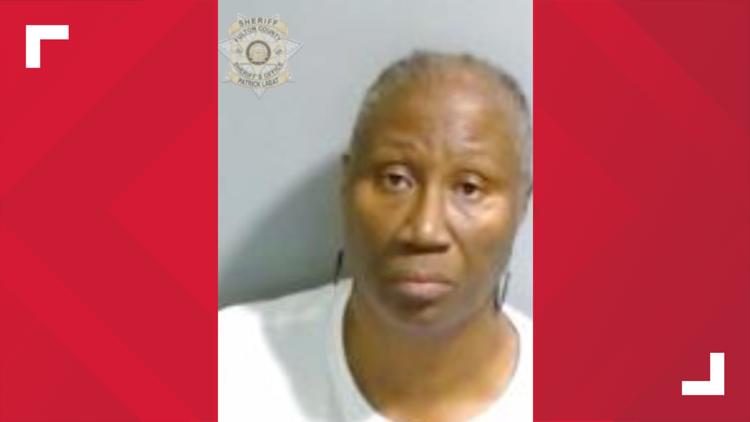Harris peppered with questions by Charlamagne tha God’s audience
Vice President Harris was peppered with questions Tuesday about her plan for Black Americans from radio host Charlamagne tha God and his listeners in an interview that’s part of a late-campaign media blitz before Election Day. The interview began with Charlamagne asking Harris to respond to criticism about the quality of her responses to questions...

Vice President Harris was peppered with questions Tuesday about her plan for Black Americans from radio host Charlamagne tha God and his listeners in an interview that’s part of a late-campaign media blitz before Election Day.
The interview began with Charlamagne asking Harris to respond to criticism about the quality of her responses to questions and the notion that she is repetitive, which she characterized as “discipline.”
She also addressed “the weight of the moment” in her role running for president against Trump.
“I feel an extraordinary weight of responsibility right now to do everything I can,” Harris said. “When I go to bed at night, in addition to my prayers, I will ask, ‘Have I done everything I could do today?’"
“This is a margin-of-error race. It's tight,” she added. “But I'm going to win. I'm going to win.”
Throughout the interview, Harris shared her position on topics such as reparations — which she said she supports studying — building up Black homeownership and the opportunity to grow generational wealth.
The interview was an opportunity for Harris to speak directly to Black voters, a group that polls show overwhelmingly support her over Trump. But some of the interview questions also revealed some disenchantment about voting and whether the candidate could fulfill the promises she’s making on the campaign trail.
At one point, Charlamagne pointed out that Harris is facing the issue of misinformation in this year’s election, particularly on her history as a prosecutor.
“One of the biggest pieces of misinformation, one of the biggest allegations against you, is that you targeted and locked up thousands of Black men in San Francisco for weed,” Charlamagne said. “Some say you did it to boost your career. Some say you did it out of pure hate for Black men. Please tell us the facts.”
Harris immediately denied the allegations and instead said she was “the most progressive prosecutor” in California. She then pledged to work to decriminalize marijuana if elected president.
“I know exactly how those laws have been used to disproportionately impact certain populations, and specifically Black men,” Harris said.
Questions around Black men and what Harris plans to do for them popped up repeatedly during the interview — unsurprising as polls show her support among the demographic slipping while Trump’s numbers are improving.
Harris released an "Opportunity Agenda for Black Men" on Monday, but one caller asked her why she didn’t do so sooner and why support for Black men is only sought out during election cycles.
“I've been in this race about 70 days. You can look at all my work before those 70 days to know that this, what I'm talking about right now, is not new, and is not for the sake of winning this election,” Harris responded. “This is about a long-standing commitment, including the work that I've done as vice president and before, when I was senator.”
Harris’s time as a senator came up at another point in the interview when a caller from Nevada asked what she plans to do to address police brutality and its disproportionate impact on Black Americans.
The vice president quickly pointed to her work on the George Floyd Justice in Policing Act with Sen. Cory Booker (D-N.J.) during her time in the upper chamber.
“We couldn't get the votes in Congress,” she admitted. “But what we did when we came in office and during the time that I've been vice president, is we passed an executive order … that says that for federal law enforcement, the following things have to happen, which we, for the first time, put in place: no knock warrants, barring chokeholds, a national database for us to collect information and track police officers who have broken the law.”
“I'm still going to always work on getting the George Floyd Justice in Policing Act passed,” she added. “Part of the work that I'm doing as a candidate for president of the United States includes lifting up those candidates who are running, either for reelection or for the first time to Congress, who are supportive of what we need to do on all of the issues we've been discussing.”
While the interview was Harris’s chance to speak directly to Black voters, Charlamagne also pressed her on recent comments that she said she would not do anything specifically for Black people.
Harris denied making the statement, reminding Charlamagne of the start of the conversation around misinformation.
Later, she added that she is running “to be a president for everybody.”
“But I am clear-eyed about the history and the disparities that exist for specific communities and I'm not going to shy away from that,” Harris said. “It doesn't mean that my policies aren't going to benefit everybody, because they are. Everything I just talked about will benefit everybody.”
What's Your Reaction?







